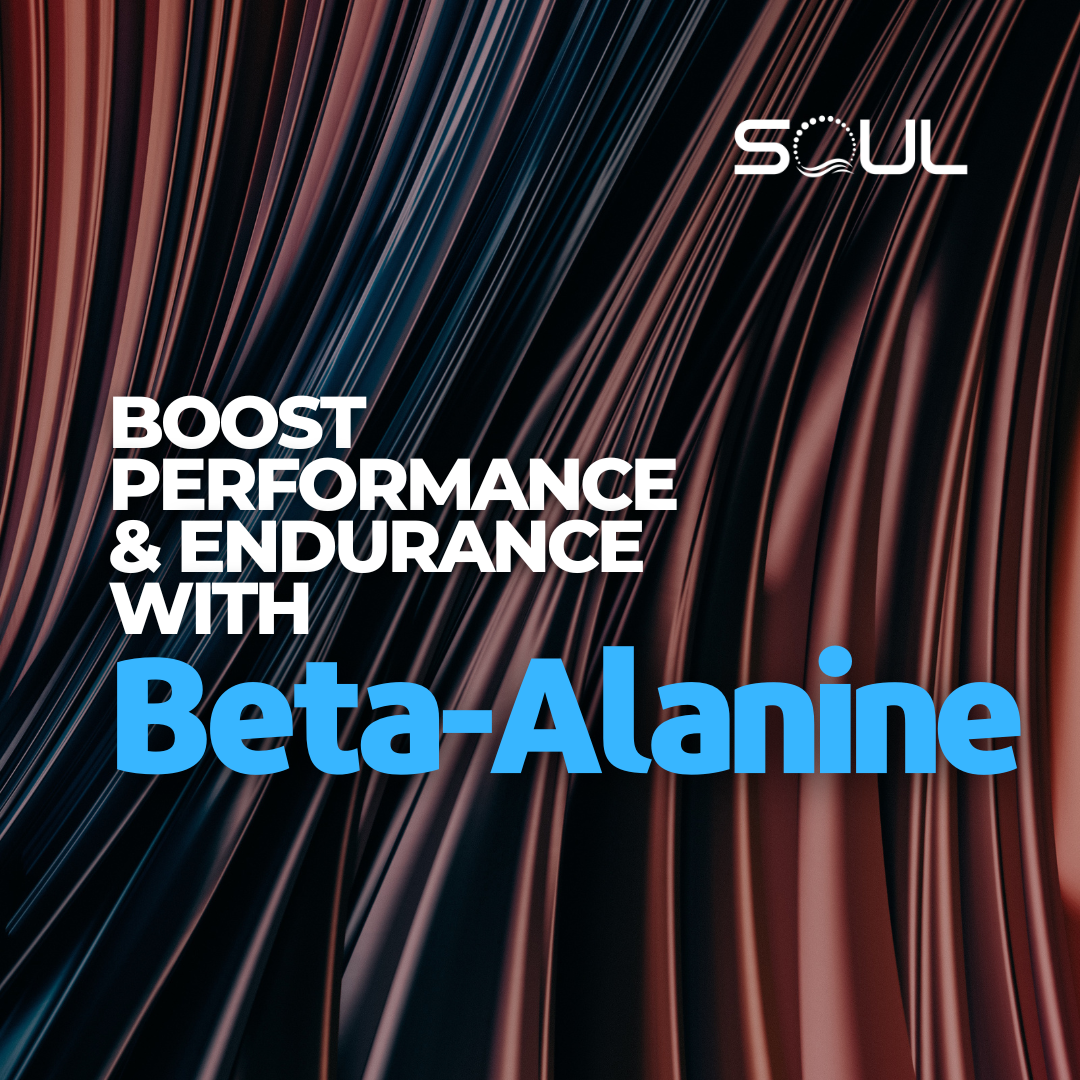
Boost Your Performance with Beta-Alanine: A Game-Changer for Athletes
In the world of sports and fitness, the quest for the ultimate performance edge often leads to a flood of “miracle” supplements that promise to turn every workout into a record-breaking event. But separating fact from fiction is crucial when you’re striving for real results. One supplement that stands above the noise—backed by solid science—is beta-alanine. This non-essential amino acid plays a pivotal role in buffering acid buildup in muscles during high-intensity exercise, effectively delaying muscle fatigue and enhancing performance.
What Exactly Is Beta-Alanine and How Does It Work?
Beta-alanine isn’t your average amino acid—it’s the linchpin in a chain of physiological reactions that directly impact your performance. When beta-alanine enters the body, it teams up with another amino acid, histidine, to produce carnosine. Think of carnosine as the unsung hero residing in your muscles, standing guard against the onslaught of lactic acid.
Lactic acid buildup in the muscles during intense exercise is like a villainous saboteur, causing that burning sensation, early fatigue, and eventually, muscle failure. This is where carnosine, with the aid of beta-alanine, comes in to save the day. It buffers that acid, keeps the pH in check, and allows you to push further and harder. In simpler terms, by elevating your muscle carnosine levels, beta-alanine delays the onset of fatigue, giving you the stamina to go beyond your usual limits.
Science Backs It Up
How effective is beta-alanine? The numbers speak for themselves. In a study published in the Journal of Applied Physiology, participants supplementing with beta-alanine over a four-week period saw their muscle carnosine levels soar by an astounding 80%. This surge in carnosine translated to a 13.2% improvement in high-intensity interval training (HIIT) performance compared to those on a placebo. Picture this: You’re halfway through a sprint, or lifting that last heavy rep, and instead of hitting a wall, you break through it. That’s beta-alanine at work.
But let’s not stop at just high-intensity efforts. For those who dominate the endurance arena—runners, cyclists, and triathletes—beta-alanine offers a similar boost. The International Journal of Sports Medicine published findings showing a 11.4% increase in endurance performance after four weeks of beta-alanine supplementation. Whether you’re chasing a personal best in a marathon or looking to sustain peak output on a long ride, beta-alanine can keep you cruising.
The Perfect Partner: Beta-Alanine and Creatine
In the supplement world, combining beta-alanine with creatine is akin to pairing two star athletes—each strong on their own, but together, they’re a powerhouse. Creatine fuels short bursts of intense activity, while beta-alanine prolongs that effort by staving off muscle fatigue. It’s a tag-team that delivers exponential benefits.
Research published in the Journal of the International Society of Sports Nutrition found that a combination of beta-alanine and creatine increased powerlifting performance by 11.5% over eight weeks, compared to a placebo. In another study focused on cycling performance, the beta-alanine and creatine duo improved results by 32%. These aren’t just incremental gains; they’re the kind of leaps that separate good athletes from great ones.
An Unexpected Bonus: Reduced Muscle Damage
Eccentric exercises—like the controlled lowering phase of a bicep curl—are known to be particularly brutal on muscle fibers, causing tiny tears that lead to soreness. Remarkably, beta-alanine has been shown to mitigate this type of muscle damage. In a study from the Journal of the International Society of Sports Nutrition, four weeks of beta-alanine supplementation resulted in a 31% reduction in muscle damage from eccentric exercise. Imagine training hard and recovering faster, all thanks to a simple supplement.
Dosage and Safety
Beta-alanine is safe, but it’s not without its quirks. Some users experience a harmless tingling sensation called paresthesia, which can feel like mild pins and needles but typically fades within an hour. For best results, consistency is key. It takes about four weeks of regular beta-alanine supplementation to significantly raise carnosine levels and see marked improvements in performance. Like training, it’s the discipline of routine that yields the rewards.
The Bottom Line
When it comes to optimizing exercise performance, beta-alanine isn’t just another fleeting trend—it’s a scientifically validated strategy. Whether you’re competing on the field, lifting in the gym, or chasing new records on the track, beta-alanine offers a tangible edge. It fights off the fatigue that can derail your progress, helping you squeeze out that extra rep, sprint those final meters, and maintain intensity when it counts.
And when combined with creatine, its effectiveness is taken to another level, offering synergistic benefits that can turn an average workout into an exceptional one. If you’re serious about taking your performance to the next level, beta-alanine deserves a spot in your supplement stack. After all, champions are made not just in moments of glory, but in the gritty, sweat-soaked minutes when others are forced to stop.
These statements have not been evaluated by the Food and Drug Administration. This product is not intended to diagnose, treat, cure or prevent any disease. This article is for informational purposes only and is not a substitute for professional medical advice. Always consult your healthcare provider regarding any health concerns or before starting new supplements.
